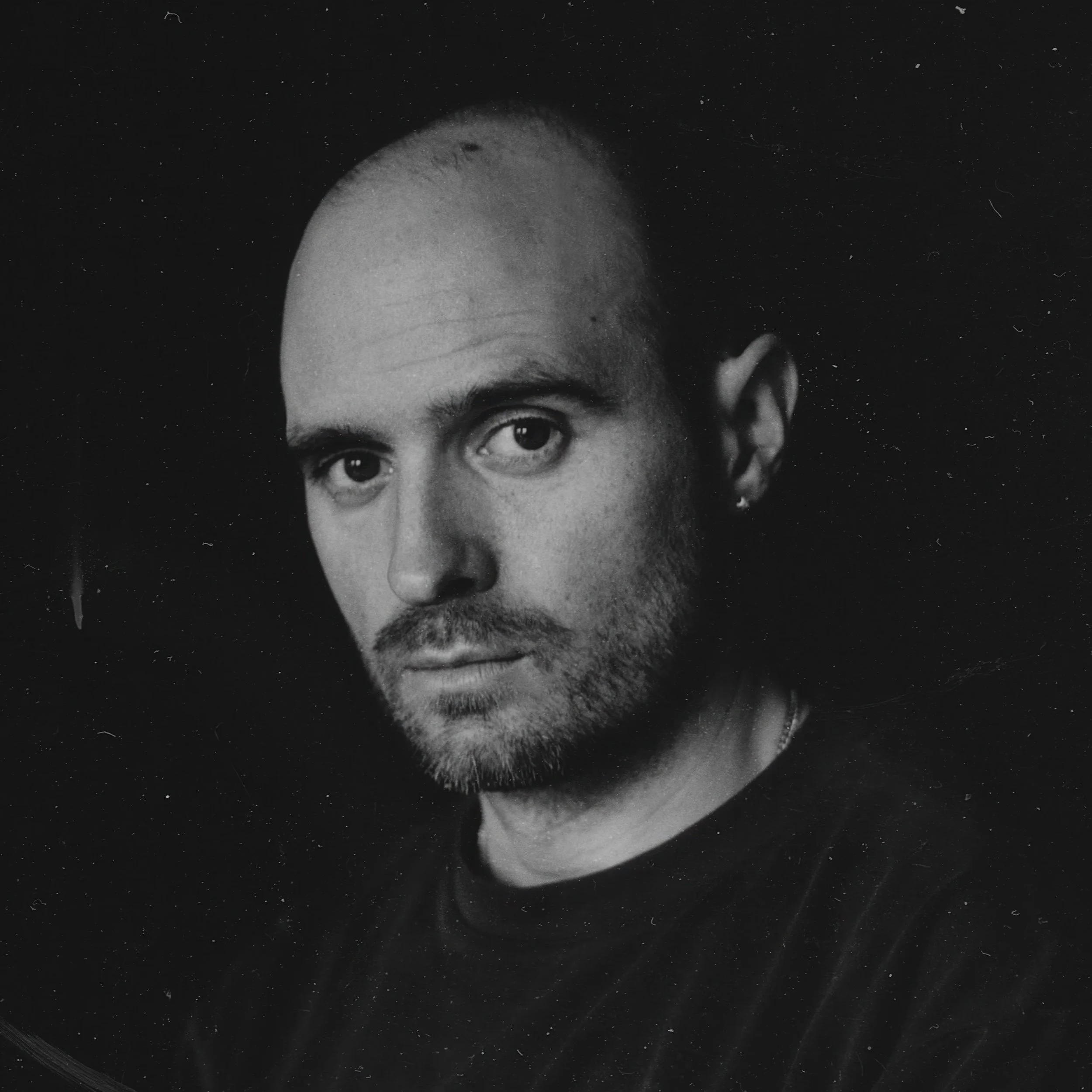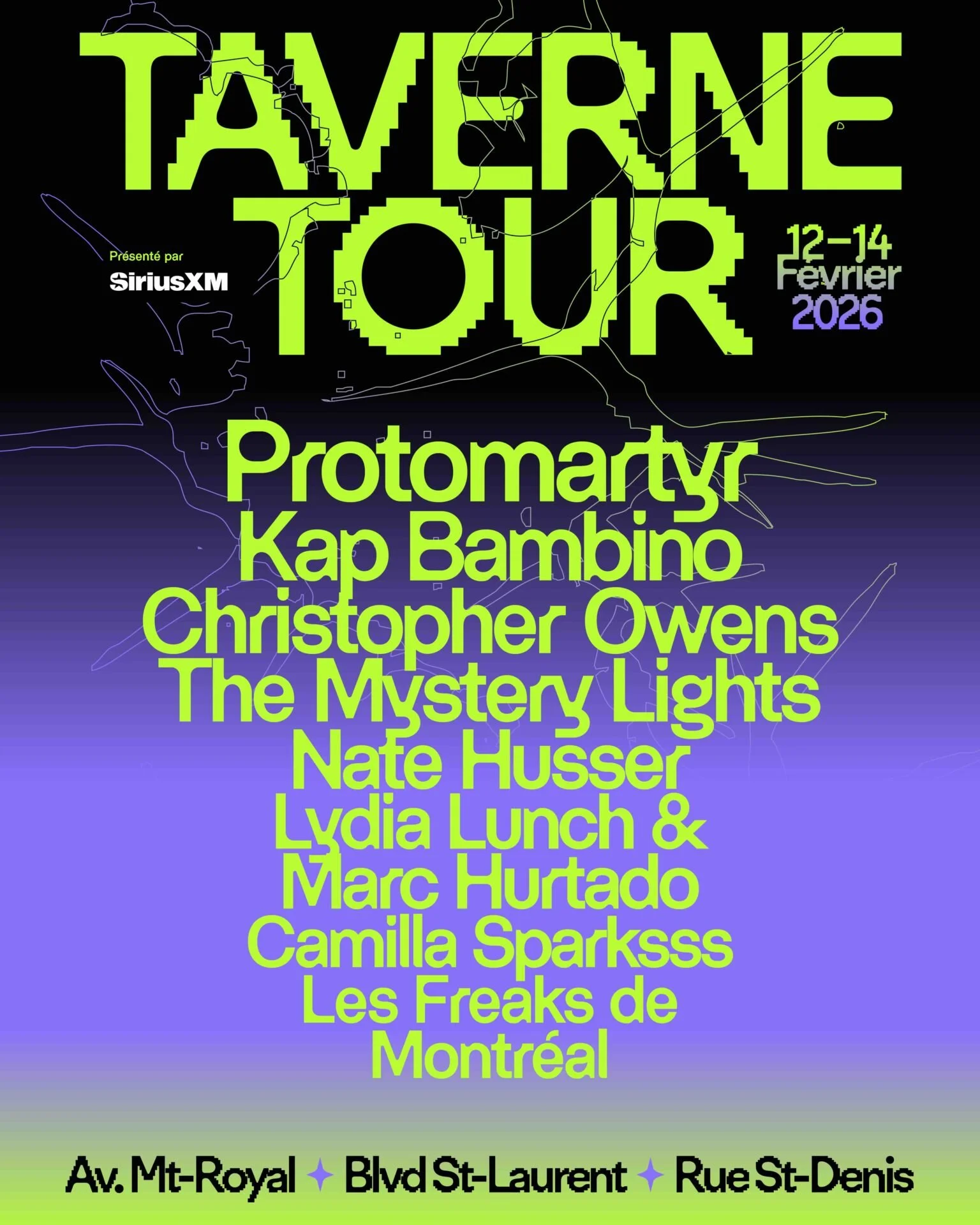Promotion for All My Friends Fest (on tomorrow!) continues with the second installment of “Friends Interview Friends,” where two pals from our festival lineup interview each other. This time around, we get to know musicians Elijah Wolf and Emma Bowers as they strike up a wholesome phone call. On the surface, Elijah and Emma have a lot in common: they’re both based in NYC, both their names start with the letter “E,” and as we find out, their musical interests stretch far beyond their own mutual folk-rock style. Read their full conversation on creative growing pains, the importance of collaboration in music, and their new favourite records of 2020 (so far) below!
On coming to music
Elijah: If music wasn’t much of a thing in your household, what got you into songwriting?
Emma: I picked up the guitar at twelve because of Taylor Swift, and then not too long after that I started finding my way to folk music. I did really latch on to a few of my mom’s favorite songs that informed my songwriting after that, “Here’s Where The Story Ends” by The Sundays and some of The Cranberries’ radio hits...and then by high school it was Bon Iver and Joni Mitchell and Bright Eyes.
Elijah: It seems like you really found your own path...starting with Taylor Swift and ending up at Bright Eyes. Usually you hear a story about an older sibling or someone down the block who gave someone a tape. You never hear someone just kind of finding the weirder side of music on their own after coming from straight pop music.
Emma: It’s funny what a teenager will get into when up to their own devices. Were your parents musical?
Elijah: They were, thankfully. I grew up in Phoenicia, right next to Woodstock, so there was a big music presence there. Both of my parents weren’t musicians professionally, but growing up, my mom had an old 60s Guild and a really great voice, and she loved Joan Baez and Joni Mitchell and the great folk music of the 60s and 70s. She would just walk around the house singing those songs. My dad had the ability to just pick up an instrument and play it, he’s really humble about it. He plays a mean harmonica. He used to play it through this old mic called the Green Bullet, hooked up to a makeshift pedalboard with a drum machine, and that was all going through some old combo bass amp. He’d get lost in these kind of crazy experimental jam sessions with himself. I’m pretty sure he taped himself, I need to find those.
Emma: Yes, you do! Sample them or something. I always wonder what my relationship to music would be if I grew up with a parent with taste similar to my adult self, because now that I love Joan Baez and Neil Young, and I wonder if someone had spoon fed them to me, if it would be the same.
Elijah: That brings up an interesting point, because I was, very much so. As a result I rebelled against it for years. I played in punk bands and listened to everything but folk music, and then I came around to it and realized that it was the music that spoke to me the most. My sister Kashia is four years older than me, so she actually grew up in the 90s and was able to listen to and love in real time a lot of bands that are some of my favorites. I love the 90s music scene from Seattle, so Modest Mouse and Built to Spill, and I discovered them through her. I just decided that music was all I liked to do, and my best friend Evan, who goes by Photay, we’ve been friends since we were really little and he also came to the same decision as a musician, so we just made like every type of different band together, every kind of genre, just trying things out.
Emma: That reminds me of Katie Crutchfield’s arc from punk music to folk, which is super interesting and I’m glad she’s talked about that a lot more recently because it’s a great contemporary example of how nonlinear your relationship to genre can be.
Elijah: It does seem like a somewhat familiar progression that people actually go through. There is some kind of natural transition from punk music to folk or country. I think there are similarities - more so than you’d think. Just because folk isn’t often loud or aggressive, it can still have this rebellious nature.












